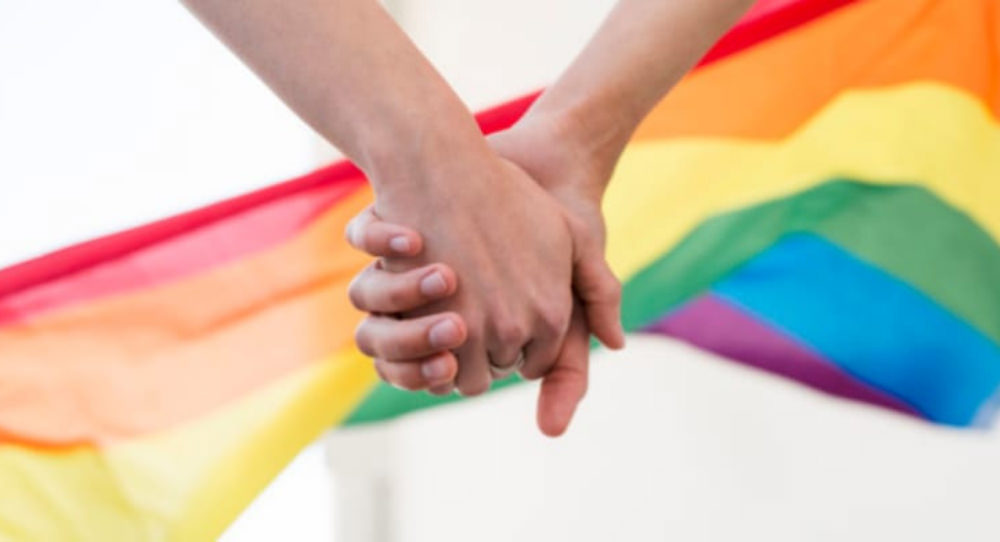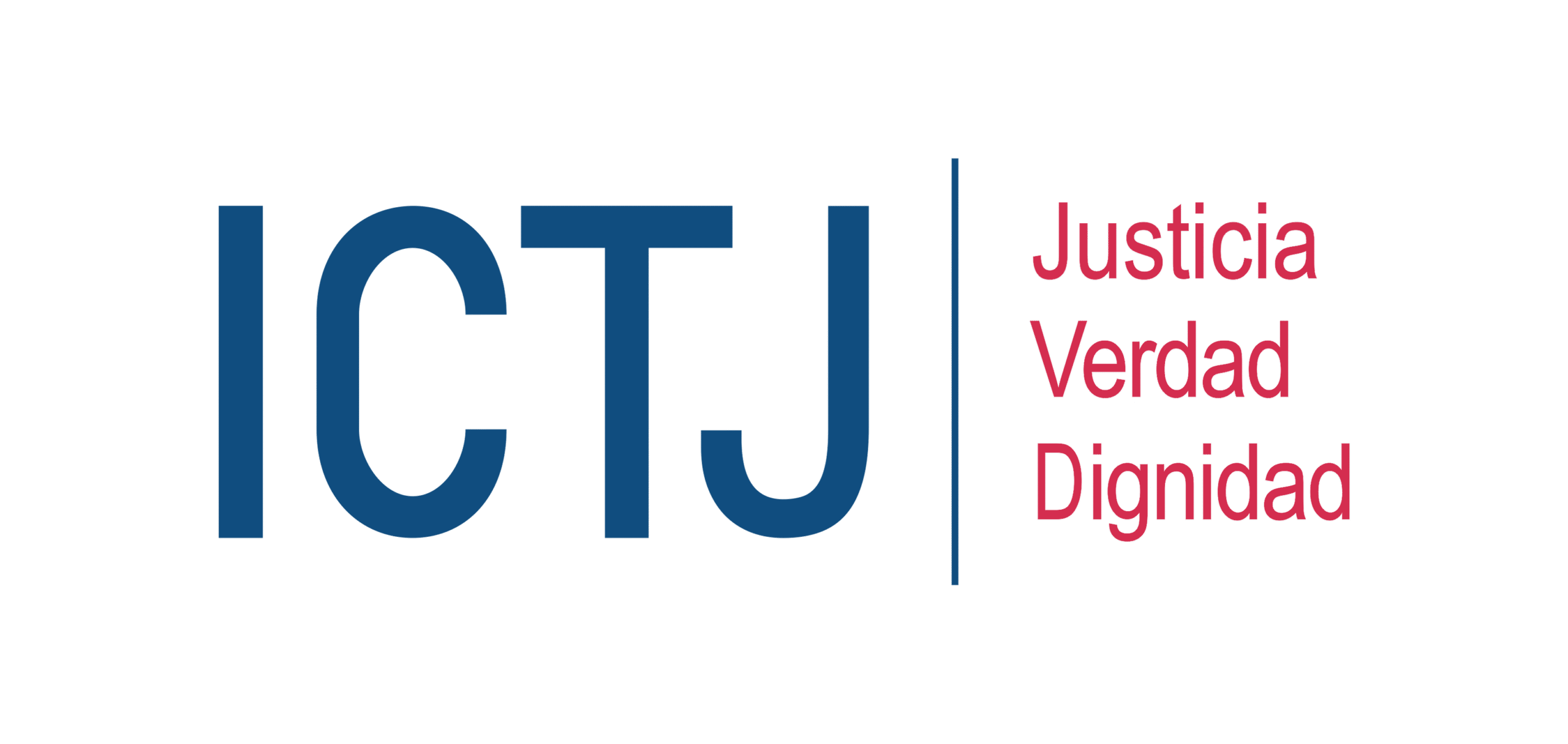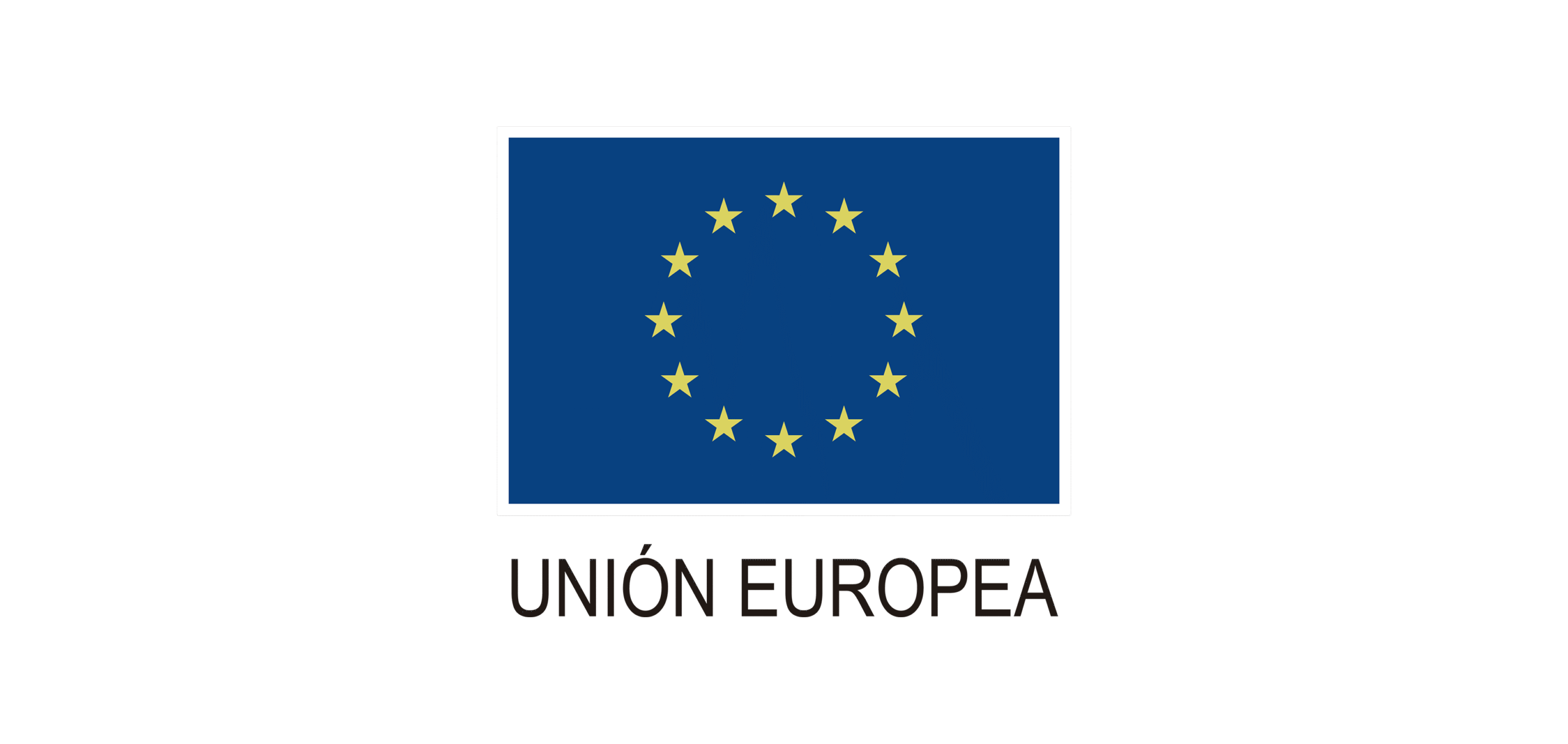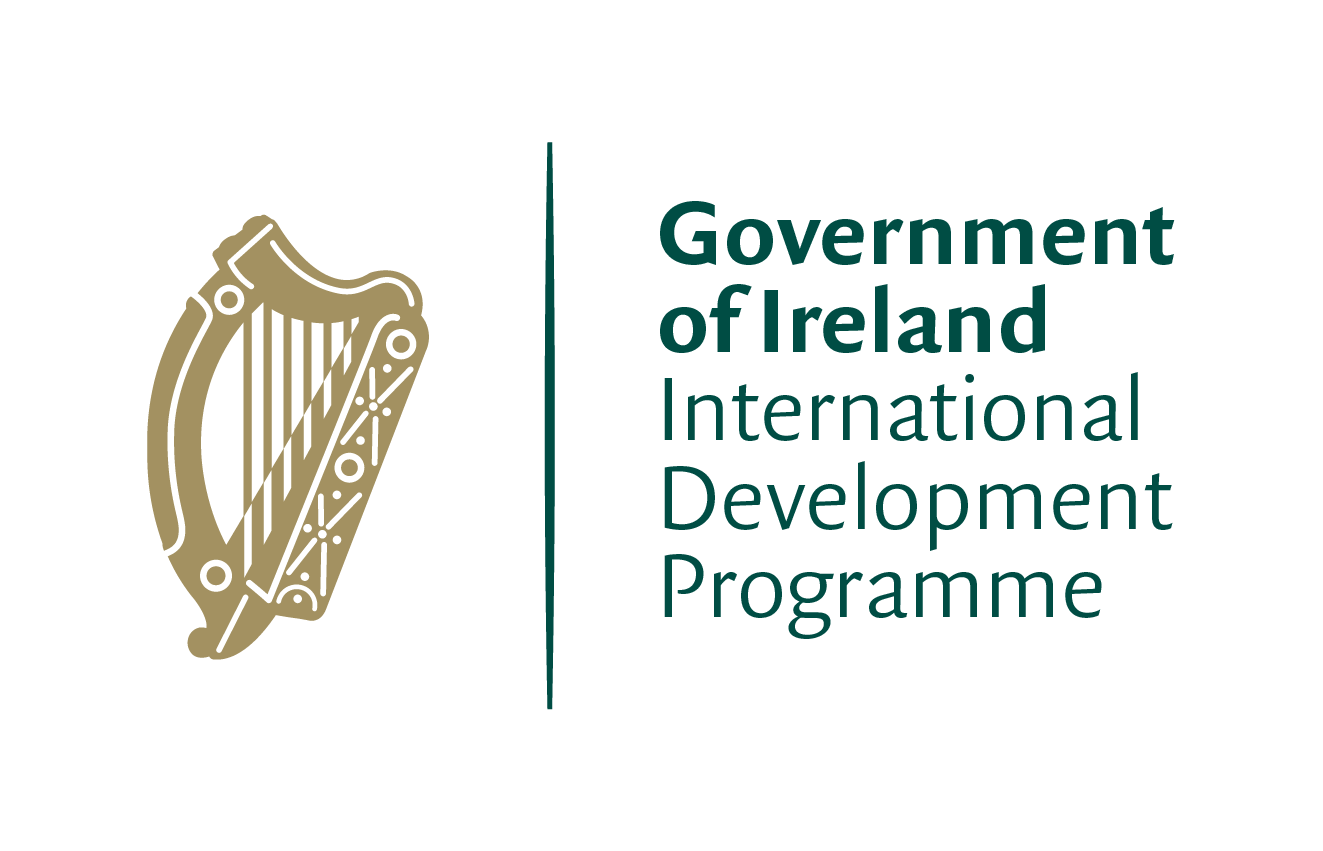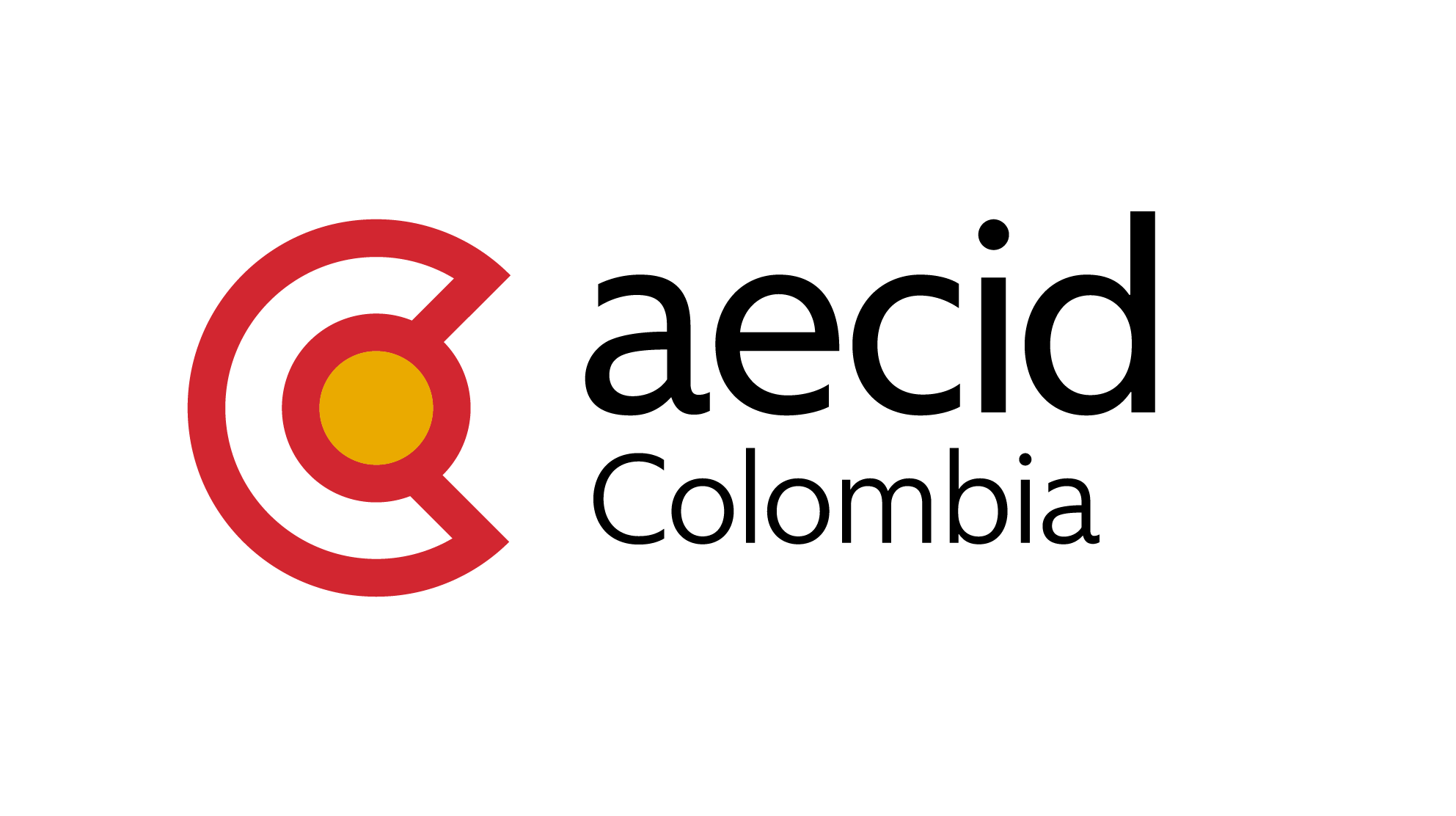Colombia Diversa and Dejusticia we submitted an intervention to the neighbouring country's Constitutional Court in defence of the right of same-sex couples to equality and non-discrimination to protect their families through marriage.
Ecuador's mainstream media revealed that the judges of the country's Constitutional Court decided in favour of equal marriage. According to media informationOn Wednesday, 12 June, with five votes in favour and four against, the High Court admitted civil marriage for same-sex couples.
The neighbouring country's Court ruled on an enquiry submitted by the judge of the Civil Judicial Unit of the Metropolitan District of Quito, Pichincha province, asking about the constitutionality of article 81 of the Civil Code and article 52 of Ecuador's Organic Law on the Management of Identity and Civil Data, which establish that marriage is a contract between a man and a woman.
About it, in an intervention presented by Dejusticia and Colombia DiversaWe held that marriage between same-sex couples is constitutional in light of the provisions of Article 67 of the Constitution of Ecuador. In this regard, we recall that LGBT persons in that country are in a situation of vulnerability to which the Ecuadorian legal system has responded by recognising that the guarantee of their rights cannot be subject to sexual orientation or gender identity and that one of the constitutional pillars is equality between citizens.
In the intervention we also recalled that the Ecuadorian Constitution, like few in the world, recognises the family in its various types and protects equally the various forms in which they are constituted, without there being a family model that is privileged over others. In this intervention, we argued that the reading of the articles of the Civil Code and the Organic Law on the Management of Identity and Civil Data, according to which marriage can only take place between a man and a woman, is a restrictive and unconstitutional reading that is not in harmony with the constitutional text, which recognises equality as one of its pillars and also recognises and protects families in their diversity.
In response to those who claim that the de facto union is the figure that the Ecuadorian legal system has designed to protect the bond between same-sex couples and that, in this sense, it supplements the need for formalisation of the bond between same-sex couples, we argue that precisely this differentiation generates a protection deficit for same-sex couples, because it deprives them of rights and duties that are only established for marriage.
We further hold that Advisory Opinion 24/17 of the Inter-American Court of Human Rights is applicable to the case and that the question of a possible contradiction with the Constitution of Ecuador to determine whether or not same-sex couples can marry poses a false dilemma, because beyond the existence of such an advisory opinion, same-sex marriage is constitutional in light of a harmonic and systematic interpellation of the Constitution.
With our intervention we ratify that same-sex couples have the right to marry, protected by the rights to equality and non-discrimination, free development of personality, protection of the family and legal security, contained in the Ecuadorian Constitution.

